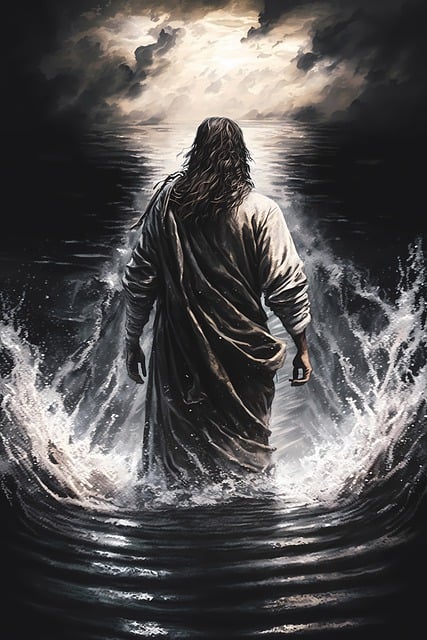 Throughout history, stories of miraculous events have captivated and intrigued humankind. From religious texts to personal accounts, miracles have been central to our understanding of the extraordinary and the divine.
Throughout history, stories of miraculous events have captivated and intrigued humankind. From religious texts to personal accounts, miracles have been central to our understanding of the extraordinary and the divine.
Perception plays a pivotal role in our understanding of miracles. The same event can be interpreted as miraculous by one person and dismissed as mere chance by another. Our preconceived notions, biases, and personal experiences shape our perception of what constitutes a miracle. Therefore, miracles become deeply personal and subjective, making it challenging to establish a universally accepted definition or explanation.
Faith plays a crucial role in the belief and experience of miracles. For many, miracles are seen as acts of divine intervention, bolstering religious convictions and affirming the existence of a higher power. Throughout history, numerous religious traditions have recorded miraculous events that have shaped the beliefs and practices of their followers.
A miracle can be defined as an event that transcends the natural laws of the universe, often attributed to a divine or supernatural force. It is an extraordinary occurrence that defies logical explanation and astounds those who witness it. Miracles are commonly associated with religious or spiritual contexts, but they can also be perceived as remarkable happenings in everyday life.
While skepticism persists, those who have experienced or witnessed miracles often describe a profound sense of awe and connection to something greater than themselves. These personal encounters can deepen faith and provide solace during challenging times, offering a renewed sense of hope and purpose.
Miracles often involve unexplained phenomena that challenge our understanding of the world. Medical miracles, for instance, encompass spontaneous healings, recoveries against all odds, or unexplainable remissions. While science strives to unravel the mysteries of the human body, there are cases where inexplicable recoveries have occurred, leading some to attribute them to a higher power.
Similarly, extraordinary occurrences in nature, such as miraculous survival stories during natural disasters or encounters with seemingly impossible odds, leave us questioning the limits of human resilience and the interconnectedness of life – or, the possibility of divine intervention.
The reality of miracles remains a subject of debate and individual interpretation. Whether perceived as divine interventions, unexplained phenomena, or extraordinary coincidences, miracles continue to captivate our imagination and challenge our understanding of the world. They invite us to consider the vast possibilities that lie beyond our comprehension, reminding us of the profound beauty and mystery that permeate our existence. In the end, the reality of miracles may ultimately reside in our ability to open our hearts and minds to the extraordinary potential that surrounds us every day.
Faced with our inability to explain miraculous events, it is only logical to consider the source.
